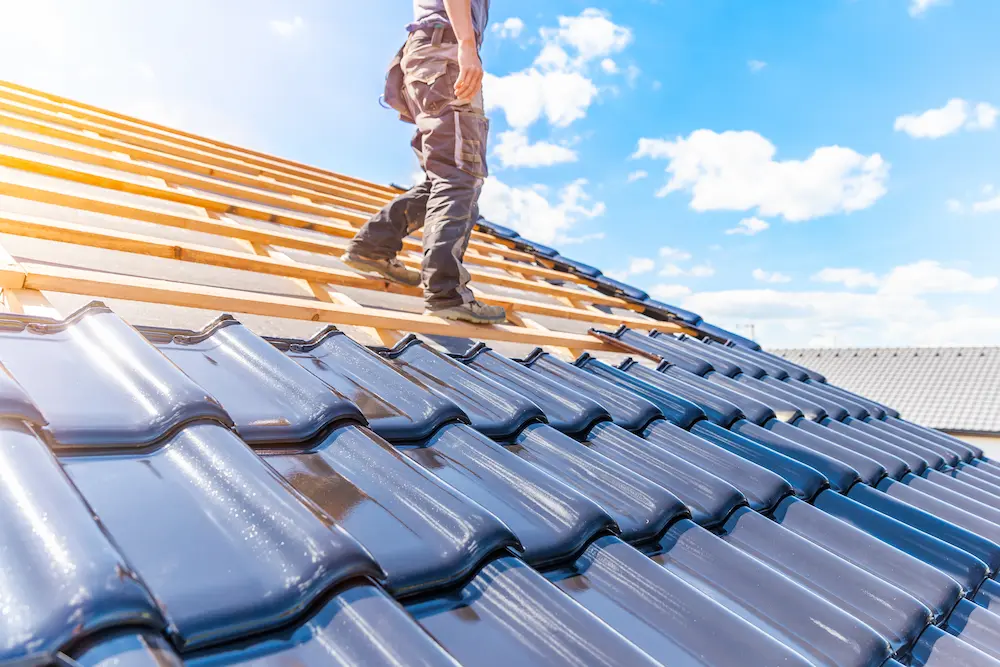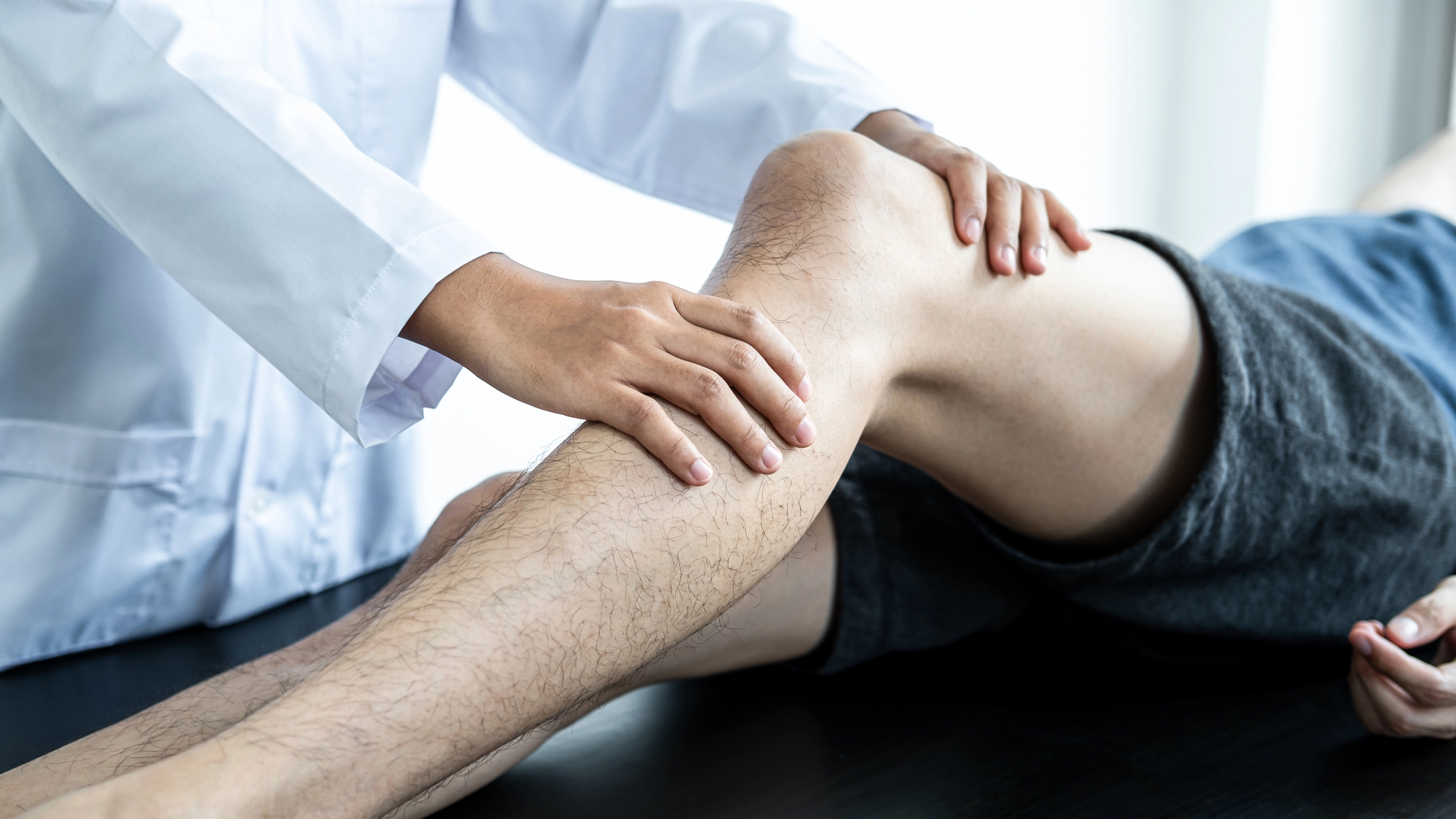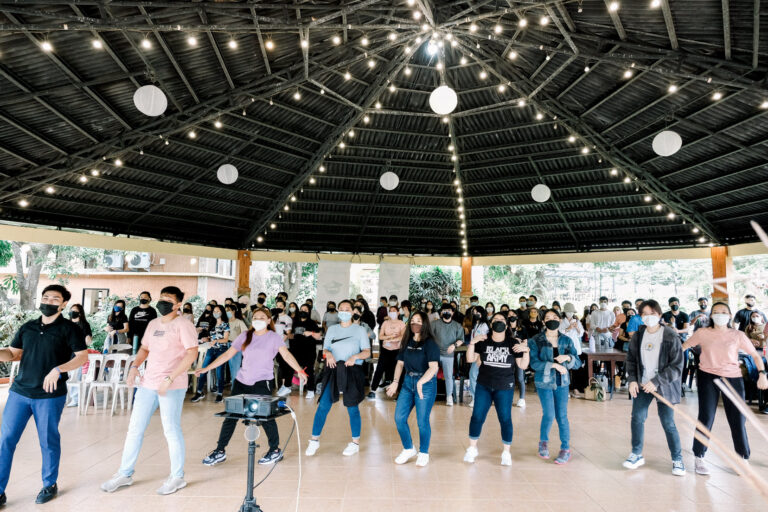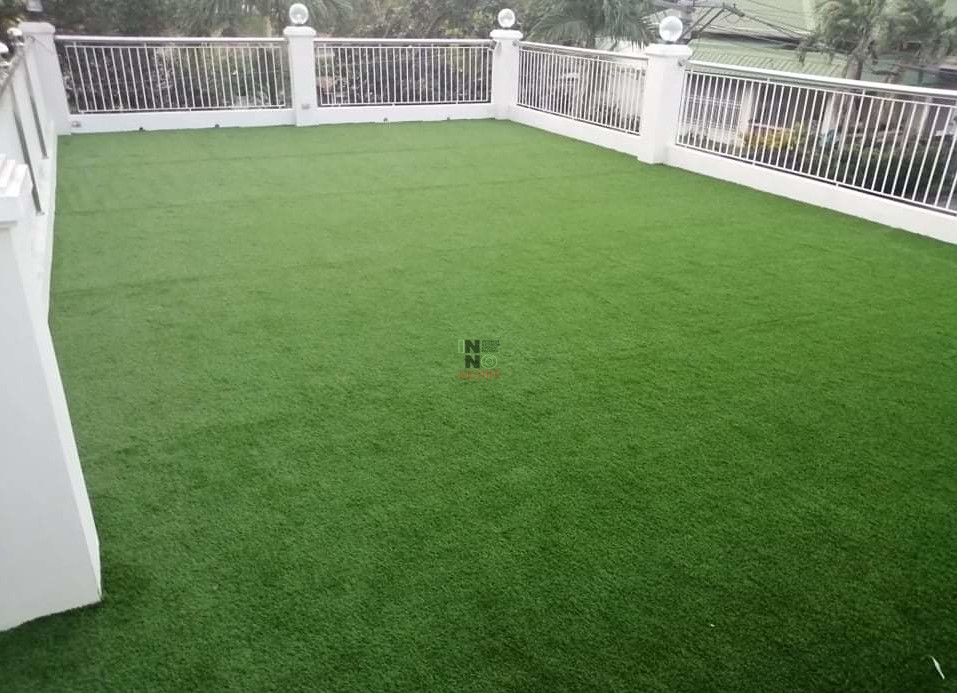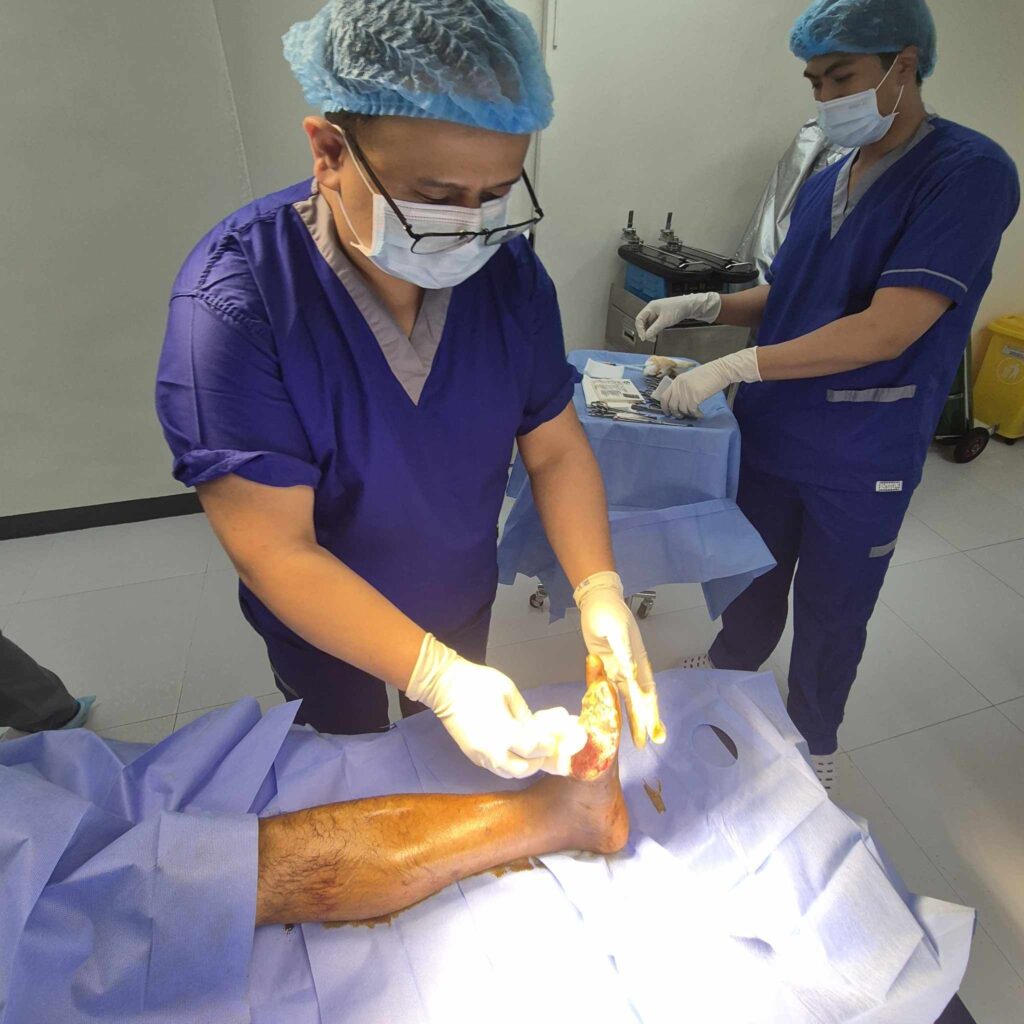In the vibrant city-state of Singapore, where the tropical climate reigns supreme, safeguarding your home against the elements is paramount. Among the various maintenance measures, waterproofing stands out as a crucial step in preserving the structural integrity and value of your property. In this article, we’ll delve into why waterproofing is indispensable for Singaporean homes and explore the solutions available to ensure comprehensive protection.
Understanding the Climate Challenges in Singapore:
Singapore’s climate is characterized by high humidity, heavy rainfall, and frequent thunderstorms throughout the year. While these conditions contribute to the lush greenery and vibrant ecosystem, they also pose significant challenges for homeowners. The relentless rain and humidity can wreak havoc on buildings, leading to water infiltration, mold growth, and structural damage.
The Importance of Waterproofing:
Waterproofing serves as a proactive defense mechanism against the adverse effects of water intrusion. By creating a barrier that repels moisture, waterproofing helps to maintain the structural integrity of your home and prevents costly damage. Beyond structural concerns, waterproofing also safeguards indoor air quality by preventing mold and mildew growth, which can pose health risks to occupants.
Common Areas Vulnerable to Water Damage:
Several areas in Singaporean homes are particularly susceptible to water damage. These include roofs and ceilings, where leaks can lead to water stains and structural deterioration. Walls and foundations are also vulnerable, especially in older homes with compromised waterproofing. Additionally, bathrooms, kitchens, balconies, and terraces are hotspots for water infiltration due to frequent usage and exposure to the elements.
Types of Waterproofing Solutions:
A variety of waterproofing methods are available to address the diverse needs of Singaporean homes. Cementitious waterproofing, which involves the application of cement-based coatings, is commonly used for foundation walls and basements. Liquid membrane waterproofing offers seamless protection for roofs and balconies, while bituminous waterproofing provides robust resistance to water penetration in high-traffic areas. Polyurethane and acrylic waterproofing systems offer versatility and durability, making them suitable for various applications.
Hiring a Professional Waterproofing Contractor:
While some homeowners may opt for DIY waterproofing solutions, hiring a professional contractor is often the wisest choice. Experienced waterproofing contractors possess the expertise and specialized equipment required to deliver high-quality results. When selecting a contractor, be sure to verify their credentials, check customer reviews, and obtain multiple quotes to ensure a competitive price.
DIY Waterproofing Tips:
For those inclined to take on waterproofing projects themselves, there are several steps they can take to fortify their homes against water damage. Regular inspection of vulnerable areas, such as roofs and bathrooms, allows homeowners to detect and address issues early on. Cleaning gutters and downspouts prevents water buildup and potential leaks. Applying sealants to cracks and joints, as well as using waterproofing paints and coatings, adds an extra layer of protection against moisture intrusion.
Takeaway
Waterproofing is not just a maintenance task; it’s an investment in the longevity and value of your Singaporean home. By understanding the climate challenges, recognizing the importance of waterproofing, and implementing the right solutions, homeowners can safeguard their properties against water damage and preserve their peace of mind. Whether through professional assistance from a waterproofing specialist Singapore or DIY efforts, prioritizing waterproofing is essential for protecting your investment in Singapore’s dynamic urban landscape.

